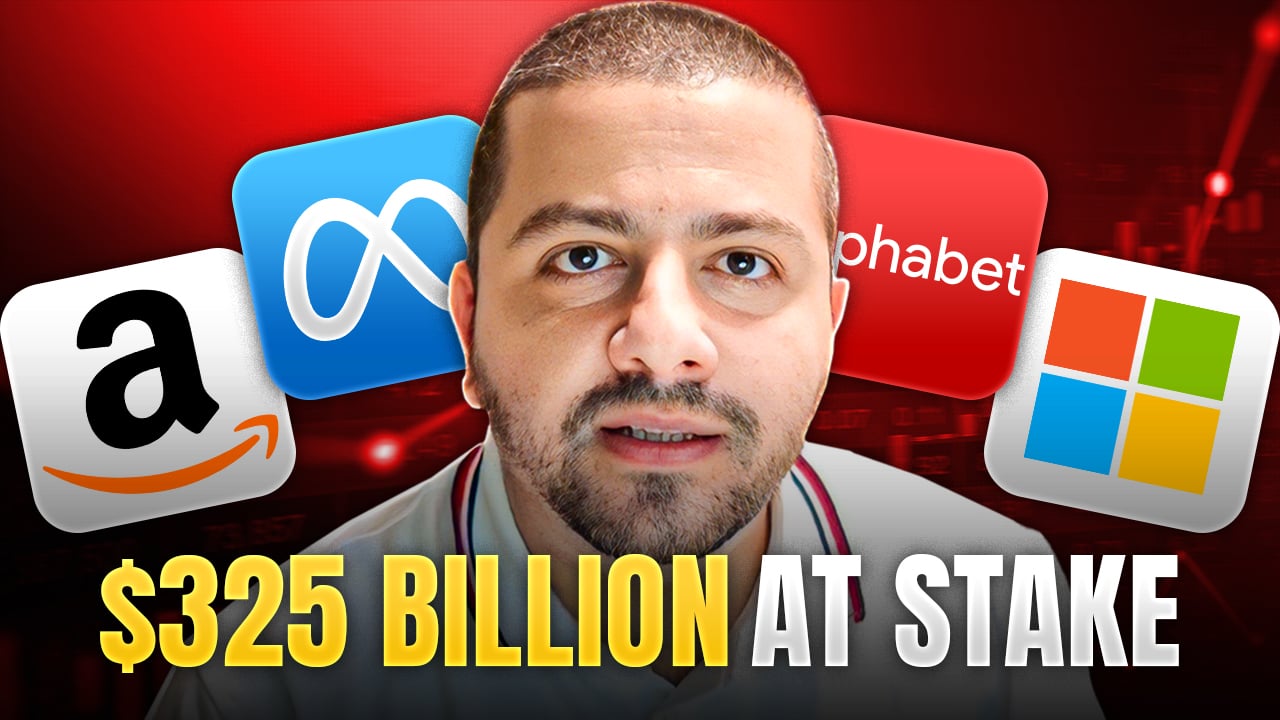Rumors that appear very likely to be true about Facebook's (FB 1.15%) plans to monetize its popular Messenger app leaked recently.
In this clip, Sean O'Reilly and Dylan Lewis talk about how the rumored plans might change the relationships between Facebook and the companies using the app to communicate with customers. They also discuss what Facebook is hoping to achieve with the increasing popularity of Messenger.
A transcript follows the video.
This podcast was recorded on Feb. 19, 2016.
Sean O'Reilly: Do businesses have an incentive to use Facebook just so they can have this layup connection to the customer, or what?
Dylan Lewis: Yeah, I think the value proposition here for the businesses is, like I said, you can use it to promote sales, announce new products. I think also there's this nice potential for nudging people that might've abandoned orders. I actually used to work for an online retailer, and one of my jobs in working for that online retailer was looking at abandoned orders and looking for trends in those. That is something that they spent a lot of time on.
O'Reilly: Was it Amazon, Dylan?
Lewis: It was not.
O'Reilly: Did you work for Amazon?
Lewis: It was an online Zappos-type competitor.
O'Reilly: OK. I was going to be like, "Did you sell fireworks online, or what'd you do?" Is part of the deal going to be .... Because the only way I see this working is if Facebook says to, I'm just going to keep going with my Comcast example ... I love Comcast's chat function. That way I don't have to be on hold on the phone. It's awesome.
Lewis: Yes.
O'Reilly: Do they go to the business and be like, "Here's the deal. Use Facebook Messenger for your online chatting customer service, and in exchange, you can send current Comcast customers an ad occasionally." The only way that works is if Comcast only uses Facebook Messenger.
Lewis: I don't think it's going to be an exclusive arrangement like that.
O'Reilly: It isn't? Oh, man.
Lewis: It's just more of an add-on, another channel for these businesses to communicate.
O'Reilly: OK.
Lewis: One of the things that's been clear is that Facebook wants to supplant the 1-800 hotline that all these businesses are using.
O'Reilly: Right.
Lewis: To your point, it is way better ... I know like when I communicate with Verizon about something, I live-chat. I just have it up on the side.
O'Reilly: I can multitask.
Lewis: I do all the regular Internet stuff that I want to be doing, and as the person gets back to me, we have the conversation. I'm not sitting there on hold, just walking around my apartment, waiting and pacing.
O'Reilly: Right.
Lewis: So it is a much better experience.
O'Reilly: Then you have a record. They send you transcripts.
Lewis: Exactly.
O'Reilly: It's all good.
Lewis: Yeah, it's a lot easier to go back to a business and say, "Well, you promised me this, this, and this, and I only got this," and say, "Take care of this situation."
O'Reilly: Right. It's even better for the customer service rep, because if you have something in front of you that's like a chat with a customer or whatever, it seems to me like if I was on the other end of that, if you're having a conversation on the phone, it's like, "Oh, crap, I have to respond to the customer immediately if they ask me a really tough question, or just 'When will I get service?' or whatever." With this, it's like, "OK, I can read it and then I can do my [research]" ... It's easier to communicate, I guess.
Lewis: It also enables richer communication.
O'Reilly: For sure.
Lewis: Rather than just having this verbal back and forth, you can send links, you can send maps to where the nearest store is. There's so much more built-out functionality there.
O'Reilly: Yeah.
Lewis: One of the things that I think this fits really well into is Facebook's hyper-local focus, and what they're doing with small businesses.
O'Reilly: Right.
Lewis: Say as an example you are walking around in Old Town or something like that with your family, and there was a boutique that you stopped into and got shirts for the I.F. show.
O'Reilly: How'd you know about my plans?
Lewis: Maybe you pinged them one time about a return policy or something like that just in case, but if you're within, I don't know, half a mile of that store, they could ping you with a coupon code, or they could ping you saying, "We have that same shirt in a different color," or something like that.
O'Reilly: Right.
Lewis: This is not an announced intention of the plan, but it seems like a very natural integration for stuff they're already doing.






